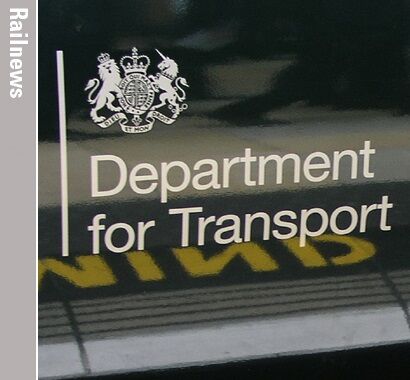Rail minister Huw Merriman is set to meet rail union leaders today in a new bid to resolve the disputes with the RMT and ASLEF, but the unions have repeated their allegation that the government is blocking a settlement.
Transport secretary Mark Harper, has denied this, pointing out that he is arranging the talks between management and union representatives, while Department for Transport has added that ministers have had ‘polite, constructive meetings with a range of union leaders since taking office’.
But RMT general secretary Mick Lynch said: ‘Today I want to see the government stop play-acting because the truth, written in black and white in their rail contracts, is that they’ve been in complete control of this dispute from day one. The train operators cannot move without government say-so.
‘Passengers, workers and businesses are suffering and even rail company managers are beginning to break ranks in despair at the government’s approach. The minister cannot hide behind this fairy story that he is just a facilitator. His government can end this dispute today by taking out the conditions they put in to torpedo a resolution and let the companies make a deal.’
Today’s talks come on the heels of a new offer from the Rail Delivery Group to the drivers’ union ASLEF on Friday afternoon, which would mean pay rises of 4 per cent for last year and this. Proposed changes which are part of the deal include a Sunday Commitment Protocol, so that drivers rostered to work a Sunday shift would be contractually committed to doing so, unless alternative cover could be found.
Other reforms include reducing the time it takes to train drivers through better use of technology, changing route-learning procedures so that drivers would be assessed on their progress rather than spending a fixed amount of time on learning, allowing suitably qualified managers to drive trains if necessary and also allow employers to transfer drivers temporarily to depots which are short of drivers due to sickness. The RDG also wants to introduce a ‘more diverse workforce’, by introducing part-time contracts and ‘more flexible scheduling arrangements’.
RDG chair Steve Montgomery said: ’This is a fair and affordable offer in challenging times, providing a significant uplift in salary for train drivers while bringing in common-sense and long-overdue reforms.’


